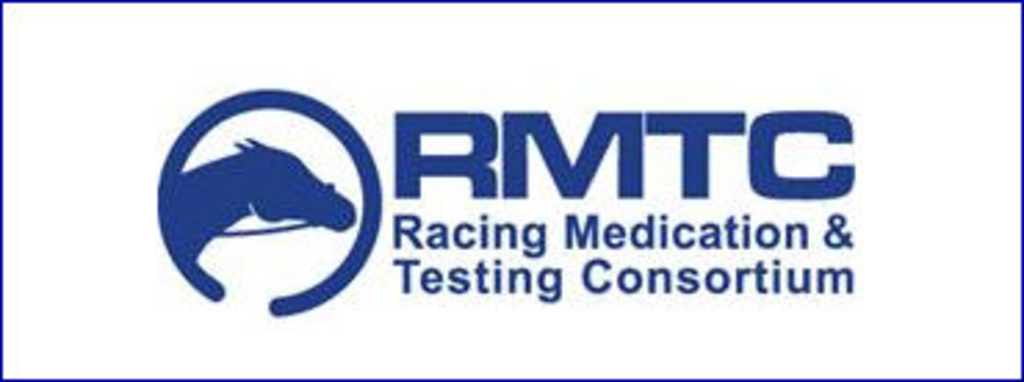RMTC Board Approves Race Day Lasix

At its October 6 meeting in Scottsdale, Arizona, the Racing Medication and Testing Consortium (RMTC) board of directors heard important updates from the race day medication, drug testing initiative (DTI) and research committees
. Items presented for discussion included penalty guidelines, race day medication administration, security and surveillance, drug administration studies and the research being conducted under the RMTC-funded post-doctoral program.
NTRA President Alex Waldrop presented a model rule to reflect the RMTC's earlier recommendations that furosemide only be administered on race day by regulatory veterinarians. The RMTC board voted to approve the model rule presentation to the Association of Racing Commissioners International Winter Meeting in Tucson, December 8 and 9, 2011.
Under the proposed language of the model rule, regulators or their designees will have responsibility for race day administration of furosemide. The various adjunct bleeder medications that have been used in some jurisdictions would no longer be authorized.
RMTC Vice Chairman and CEO of the Thoroughbred Horsemen's Associations Alan Foreman presented a report on the work of the RMTC Penalty Guidelines Committee. Mr. Foreman reported that the committee continues to pursue a simplified classification system of drug categories and penalty guidelines.
"Additionally, it is the committee's goal to produce a list of appropriate testing decision levels and corresponding recommended withdrawal times for the various therapeutic medications," Foreman said.
Mr. Foreman also acknowledged the work of The Jockey Club in developing the revised racing medication rules for incorporating recommendations emerging from this and other committees of the RMTC.
RMTC Chairman Dr. Bobby Lewis acknowledged the ongoing industry debate regarding the race day use of furosemide and the work of the RMTC subcommittee chaired by Chris Scherf, Executive Vice President of the Thoroughbred Racetrack Associations, which is studying the matter.
The principal objective of the committee, which was formed as a result of the International Summit on Race Day Medication, EIPH and the Racehorse, held at Belmont Park in June, was to study various means of comprehensively measuring the effects of eliminating furosemide in a population of starters. While other organizations including the Breeders' Cup and the Thoroughbred Owners and Breeders Association have announced their plans for phasing out the use of furosemide in selected races beginning 2012, Dr. Lewis reiterated that as the industry advocate for medication matters, the RMTC will continue to monitor and study this issue, and stands ready to assist the industry in formulating rules and policies to support whatever change the industry decides.
In other business, the RMTC directors also heard an update from RMTC Project Manager Dr. Gregg Scoggins on the work of its DTI committee and ongoing administration and threshold level research for several therapeutic medications including the most commonly prescribed corticosteroids. The RMTC board approved funding for development of an analytical test for ITPP and heard recommendations from the scientific advisory committee on the direction of future RMTC research efforts.
Dr. C. Wayne McIlwraith, director of the Orthopaedic Research Center at Colorado State University's College of Veterinary Medicine and Biomedical Sciences, was invited to share his expertise in the field of pharmacological effects of corticosteroids and their clinical uses.
"Dr. McIlwraith is an internationally-recognized expert in research on these products, and his input is timely considering the progress that has been made by RMTC with the ongoing corticosteroid administration trials," said RMTC Chairman Dr. Robert Lewis.
The RMTC Board of Directors will convene again in Tucson, Arizona, in conjunction with the University of Arizona Race Track Industry Program's Annual Conference on Racing and Gaming in December.
The RMTC consists of 25 racing industry stakeholders and organizations that represent harness racing as well as Thoroughbred, American Quarter Horse and Arabian racing. The organization works to develop and promote uniform rules, policies and testing standards at the national level; coordinate research and educational programs that seek to ensure the integrity of racing and the health and welfare of racehorses and participants; and protect the interests of the racing public.
(RMTC)

